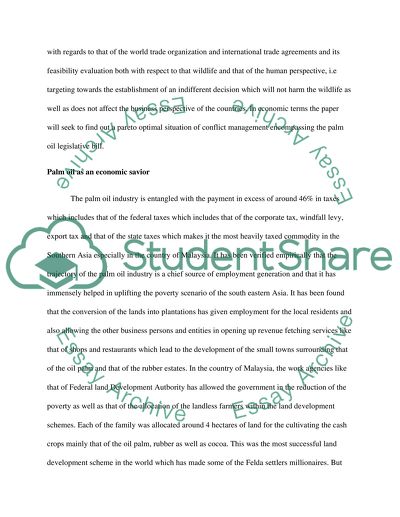Cite this document
(“International Trade Law: Palm oil as an economic savior Assignment”, n.d.)
International Trade Law: Palm oil as an economic savior Assignment. Retrieved from https://studentshare.org/law/1400911-international-trade-law
International Trade Law: Palm oil as an economic savior Assignment. Retrieved from https://studentshare.org/law/1400911-international-trade-law
(International Trade Law: Palm Oil As an Economic Savior Assignment)
International Trade Law: Palm Oil As an Economic Savior Assignment. https://studentshare.org/law/1400911-international-trade-law.
International Trade Law: Palm Oil As an Economic Savior Assignment. https://studentshare.org/law/1400911-international-trade-law.
“International Trade Law: Palm Oil As an Economic Savior Assignment”, n.d. https://studentshare.org/law/1400911-international-trade-law.


